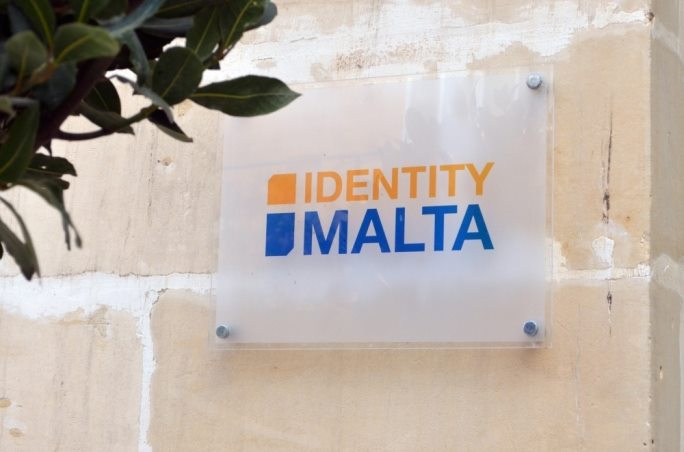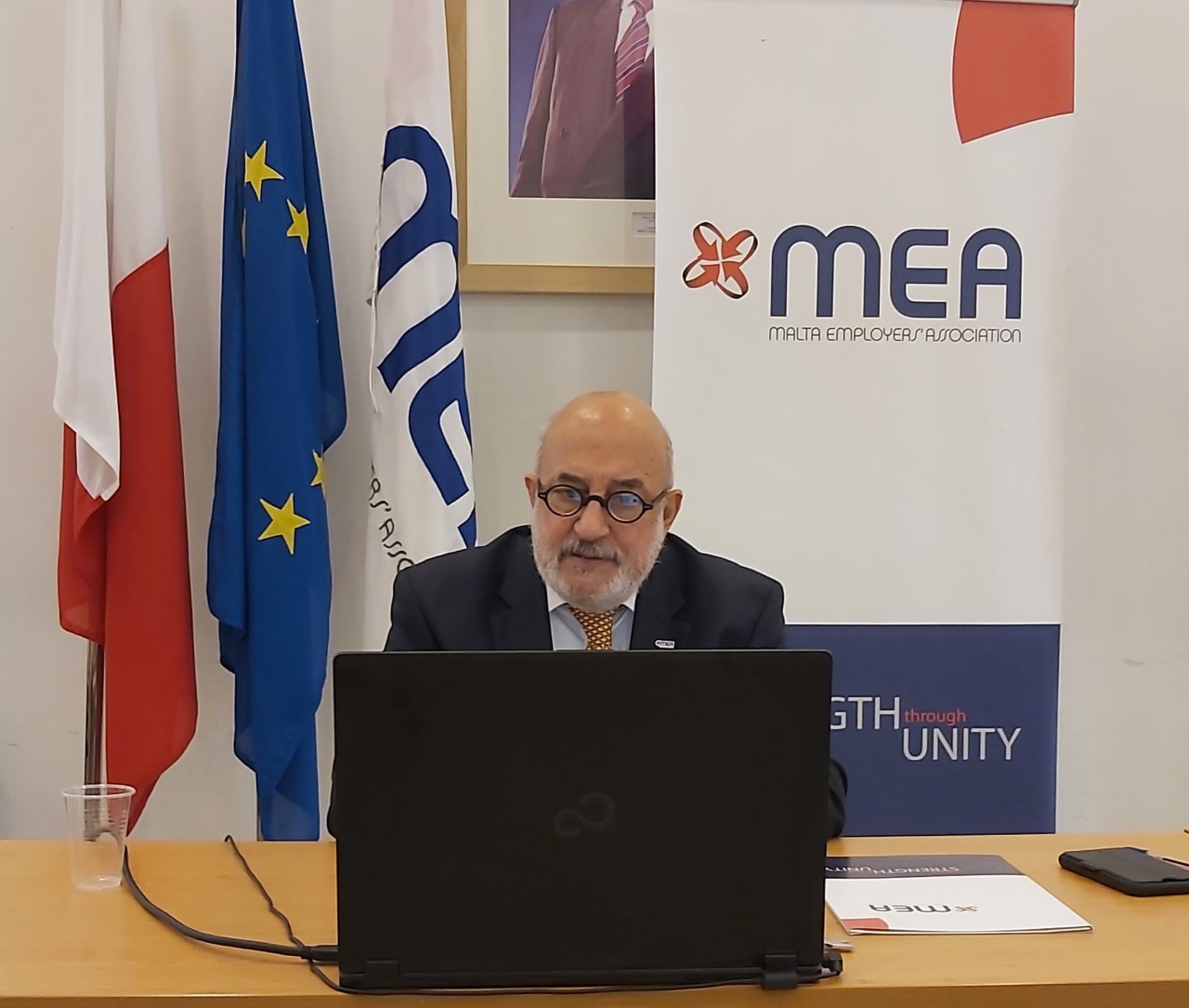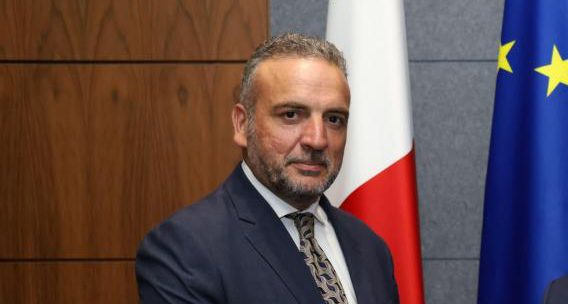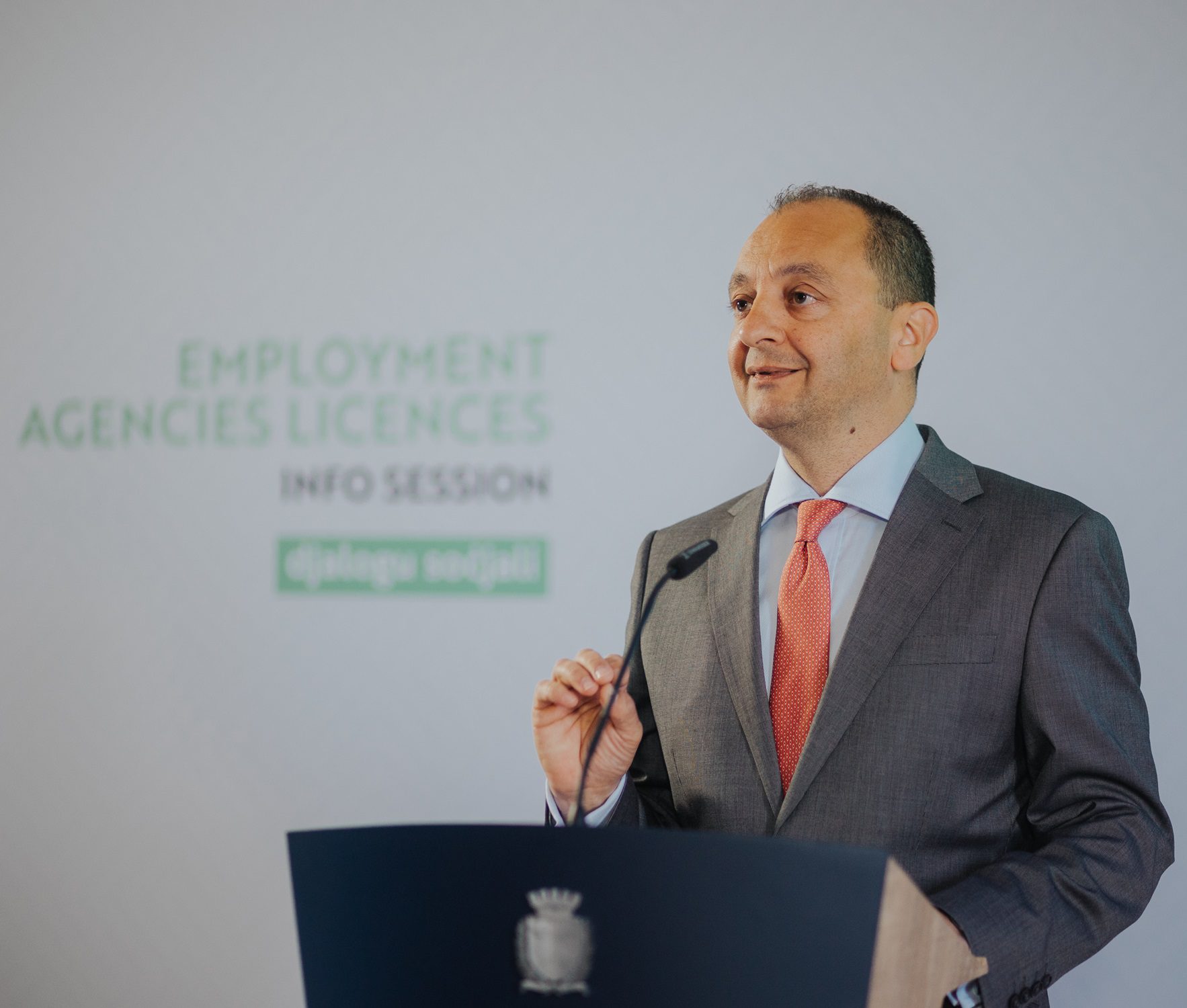In a strongly-worded statement by the Malta Employers Association (MEA) where it called on the Government to action “urgent measures” required to address Malta’s labour shortages, the organisation proposed a moratorium on recruitment for public sector work six months prior to a national election.
It called for exceptions to be made in critical professions like teaching, care and health.
The MEA said the drain of workers into public sector employment “is leading companies to resort to foreign labour, resulting in inefficiencies together with an unnecessary increase in the population”.
Currently, Malta’s public sector recruitment procedures only cater for a suspension in the hiring of public sector jobs when Parliament is dissolved due to the holding of a general election.
The MEA cautioned that labour shortages are being felt across almost most sectors of Malta’s economy and “reflects demographic changes which are prevalent in many developed economies together with a mismanagement of domestic human resource due to various factors, amongst them the high rate of early school leavers, over employment in the public sector and a mismatch of skills”.
Indeed, the MEA said that like many developed countries, Malta is facing an ageing population where there are not enough young people to replace the elderly who have retired from the workforce. The organisation questioned the wisdom of “importing” talent from EU member states and beyond when such countries are also facing an ageing population and are actively seeking to attract talent.

“Active measures being taken in this regard will, of course, make it less feasible and attractive for Malta to attract foreign workers”, the MEA said.
It added that the pandemic further exacerbated the situation where many foreign nationals returned to their home countries.
“The drain of Maltese and non-Maltese foreign health workers to other countries is a case in point. These trends are expected to gather momentum in the coming years.”
The MEA also singled out Malta’s relatively high early school leaving rate as an issue that requires longer-term addressing. The organisation said, however, that the situation provides a unique opportunity:
“Up till the present day, the shortage of employees is being felt across most economic sectors and at all levels of skills, from unskilled people, tradesmen and also professionals. The situation, however, presents an opportunity to re-think past strategies and focus on a rationalising of the domestic human resource to reduce an over-reliance on non-Maltese workers.”
Short-term recommendations to address
Community Work Scheme
The MEA first called for a phase-out of the Community Work Scheme, saying many under the scheme could be more productively employed in the private sector.
“Many of these people are underemployed and there is no reason why they should not be channelled into relatively low-skilled jobs in the private sector, for example, In the catering and construction sectors.
“We need to ensure that this scheme is not serving as a refuge for privileged healthy men and women to avoid productive employment.”

Identity Malta
It then called for a review of Identity Malta’s processes to facilitate the legal engagement of Third Country Nationals (TCNs) in the private sector. It detailed an example regarding a regulation where TCNs in Malta are not able to bring family members with them, a situation creating a disadvantage to attract many professionals to come to work in Malta.
Pre-election employment and persons of trust
In a lengthier recommendation, the MEA honed in on pre-election employment and persons of trust.
“It is a perverted practice in Malta that, prior to an election, the public sector drains human resources from the private sector. Certain workers of dubious intent ask politicians for unproductive employment in the public sector even at lower wages under the promise of a ‘job for life’ performing light work, if any.”
The MEA went on to say that if that wasn’t bad enough, such workers then perform ‘side-gigs’ where they conduct their own private business while being subsidised from taxpayers’ money.
It qualified that one cannot generalise and the majority of public sector workers carry out their work diligently, but that an abuse of the system could be addressed by Government holding a moratorium on public sector recruitment six months prior to any election.
The MEA again spoke of the issue of persons-of-trust engaged by the state, an area it has been vocal on over the past years. Pointing out a lack of transparency in remuneration packages and qualifications held, it noted how employees have left productive employment in the private sector to take up lucrative positions in the public sector, “and being paid substantially more than what is allowed in the public sector salary structure, for doing practically nothing”.
The MEA called on political parties to come to a consensus in the interest of good governance.

Active ageing and pensions
In its last recommendation as part of short-term measures to address labour shortages, the MEA said that the labour market can retain experienced human resources by encouraging employees to remain in the labour force beyond pensionable age.
“Government should take up MEA’s proposal to give employees who choose to remain in employment between the pensionable and retirement age half the pension.”
Medium and long term recommendations
As part of its position paper, the MEA makes overarching recommendations for rationalisation of public sector employment and badly needed education reform. Multiple surveys have shown and a debate has been had for years about a mismatch of skills among Malta’s workforce and the highly specialised lucrative jobs on offer.
The MEA also made several proposals on reshaping the labour force, such as channelling students into STEM oriented subjects, beefed up career guidance and wider application of work-based learning in all its forms.
Featured Image:
Joseph Farrugia – Director General of the Malta Employers Association
ICT sector makes up 10.3% of Malta’s economy, most in EU
Malta was also in the top spots for value added from ICT services and ICT manufacturing
Building and Construction Authority CEO resigns days after fatal construction incident
Jesmond Muscat quits after less than two years in the role
Government launches portal for temping agencies to apply for a licence, following regulations
New regulations, aimed at regulating the sector and diminishing abuse, came into force on 1st April






